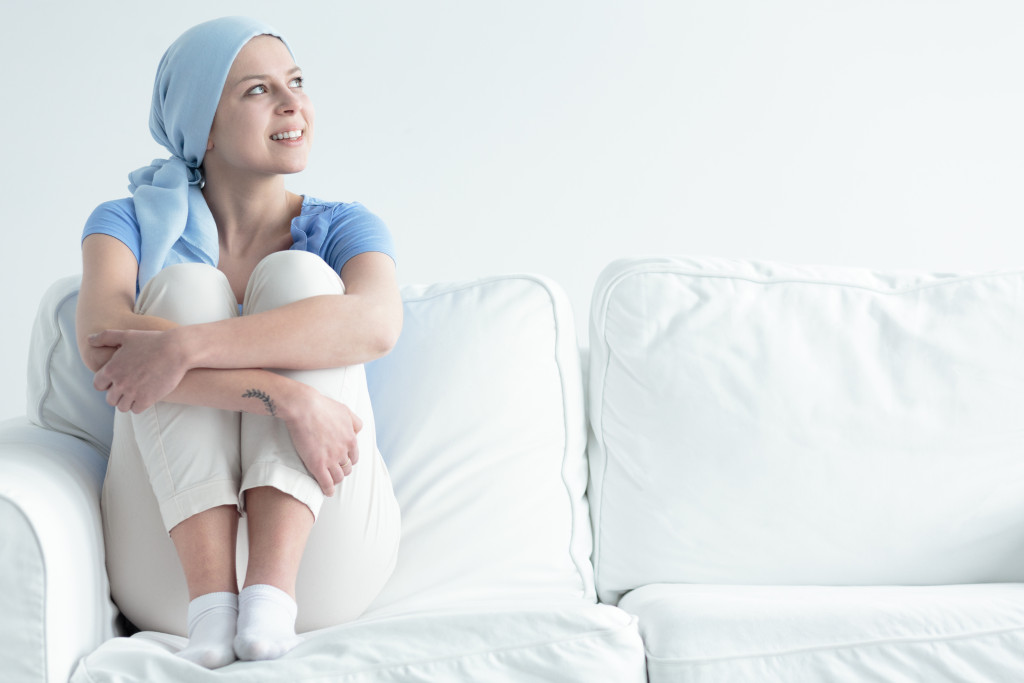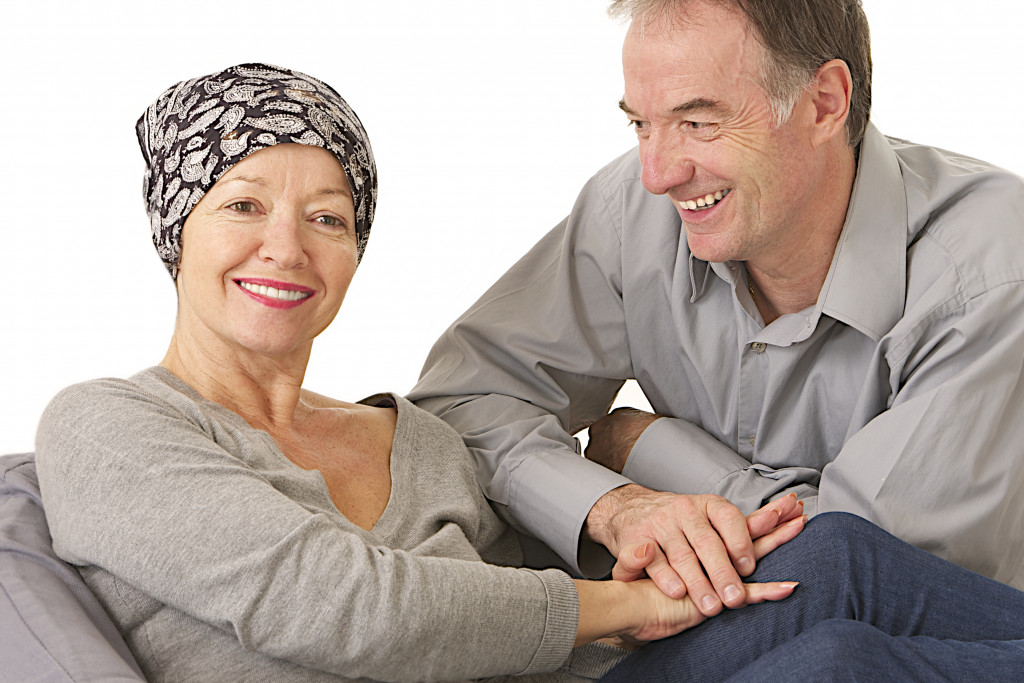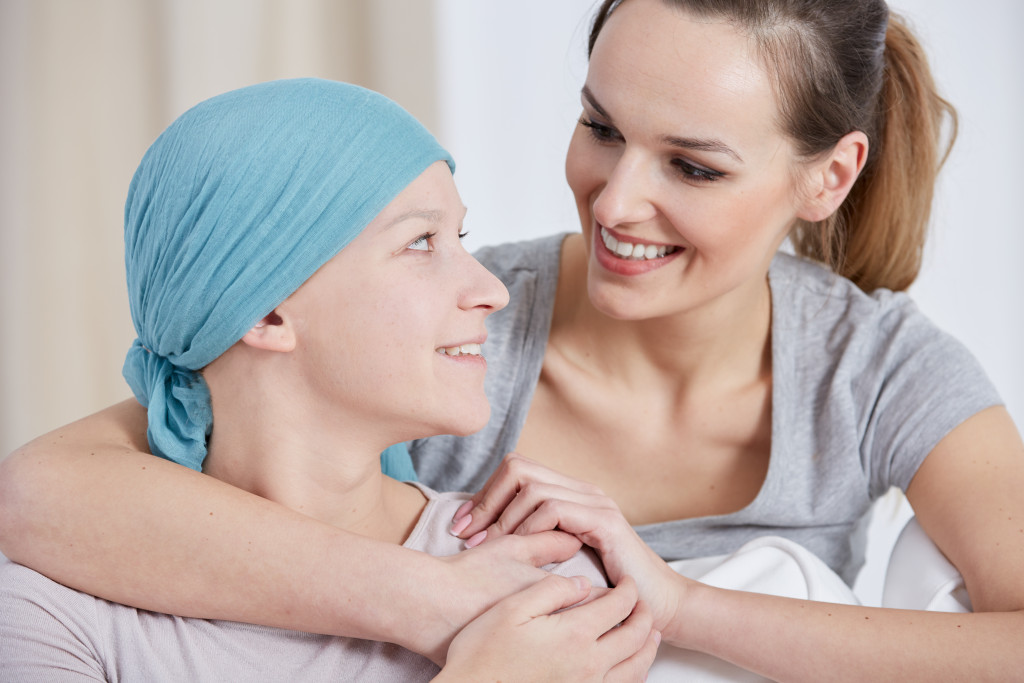- Comforting a loved one with terminal cancer involves managing their physical discomfort and keeping their mind engaged.
- Use professional hospice services and other resources to alleviate the caregiving burden.
- Personal self-care is vital when caring for a terminally ill loved one to maintain your own well-being.
- Cherish and maximize quality time with your loved one, as these moments provide immense comfort and connection.
Finding out that a loved one has cancer can be one of the most difficult news you ever receive. But when the disease progresses to its final stages, it can be overwhelming to care for them. It is a very emotional and physically exhausting process that requires a lot of resilience and patience. If you are preparing to care for a loved one during the final stages of cancer, you must know that you’re not alone. Here are some helpful tips to support you through this challenging journey.
Take Care of Your Loved One’s Comfort
As cancer progresses, your loved one may experience physical and emotional discomfort. It is essential to talk to their doctors and other health professionals to better understand their current condition. Once this is done, the next step is to make them as comfortable as possible. Here are a few things you can do to make them more comfortable:
Provide full body support for the patient.
Look into pillows and mattresses that can help your loved one sleep better. Use blankets, cushions, and other soft items to provide support where needed. You can also look into therapeutic chairs and other aids that can help reduce pain.
Make sure your loved one is well-hydrated.
Dehydration can cause discomfort, so make sure your loved one gets plenty of fluids throughout the day. Offer them sips of water regularly or provide them with a straw cup if they are not able to drink from traditional cups.
Use scents to create a relaxing environment.
The power of aromatherapy is often overlooked, but it can be a great way to help your loved one feel more relaxed. Try using essential oils in a diffuser or even just light-scented candles around their bedding. Lavender and chamomile are known for being calming scents that may provide some relief from stress.
Manage pain levels with medication.
Talk to the doctor about the best type of pain relief medicines for your loved one. Monitor their usage and watch out for any potential side effects to ensure they are getting the best possible relief.
By ensuring your loved one is as comfortable as they can be, you are doing your part to make their journey through the final stages of cancer more manageable.
Keep Your Loved One’s Mind Engaged

Staying confined to a bed or the house for days and weeks at a time can cause boredom, a sensation of isolation, and loneliness. Try to find ways to engage your loved one’s mind, such as reading the news, listening to music, or sharing stories from old family photos. From time to time, invite other family members and friends to visit; this will help ease the burden on your family members and give you a break.
Make Use of Available Resources
You don’t have to go through this alone. It is essential to seek support from family, friends, or, better yet, professionals. Professional hospice care services can provide you with resources such as trained professionals to assist in caring for your loved one. These professionals will help manage the physical and emotional needs of your family member, giving you some peace of mind.
Take Care of Your Own Needs
Caring for a loved one in the final stages of cancer leaves little time or energy for your own needs. But it is essential to take breaks to recharge your personal batteries and to seek support from family members, friends, or even a professional counselor or support group to talk about how you’re feeling.
Focus on Spending Quality Time

The chances of having your loved one around for a long period of time are slim, so it is essential to focus on spending quality time together. Doing activities you both enjoy, sitting together, watching your favorite show, or even reminiscing about the good times can provide comfort and help you feel more connected.
Caring for a loved one in the final stages of cancer is a journey filled with emotional challenges and physical exhaustion; however, it is also a journey of love, support, and connection. Remember, it’s not just about making your loved one comfortable but also about cherishing each moment you have together.
Don’t lose sight of your own needs either; self-care is paramount, and reaching out for help is a sign of strength, not weakness. Through this harrowing journey, know that the love and care you provide are the greatest comforts your loved one can receive. Stay strong, and remember to take one step at a time.




